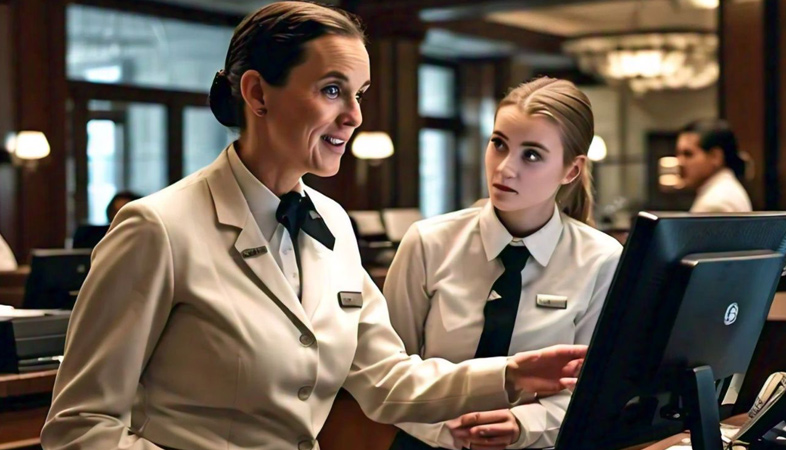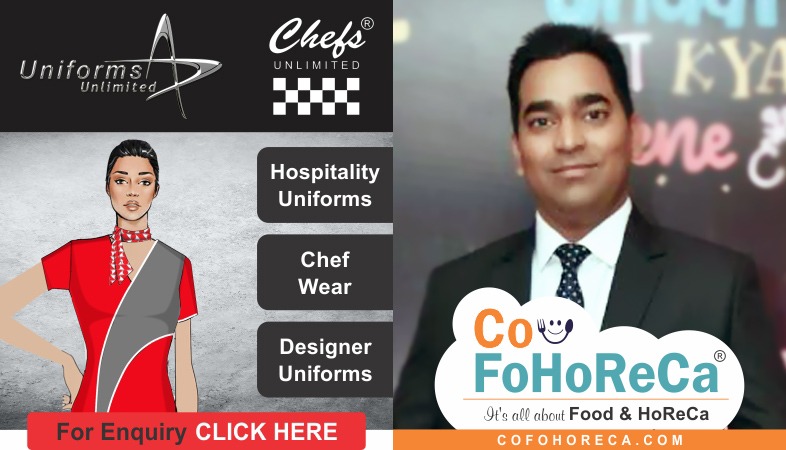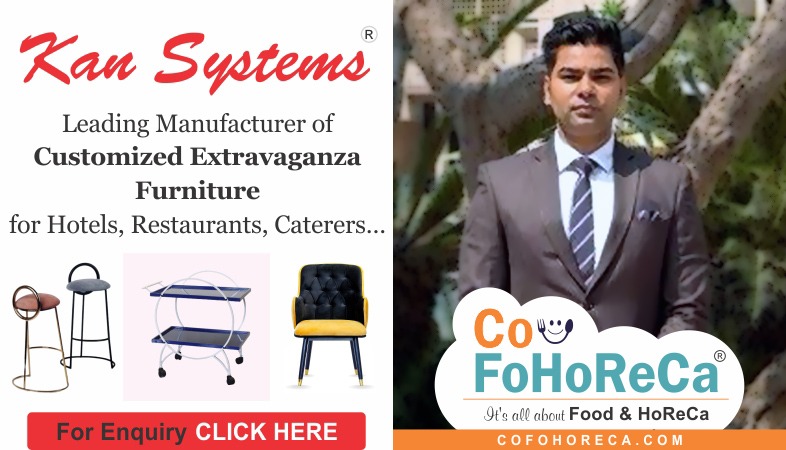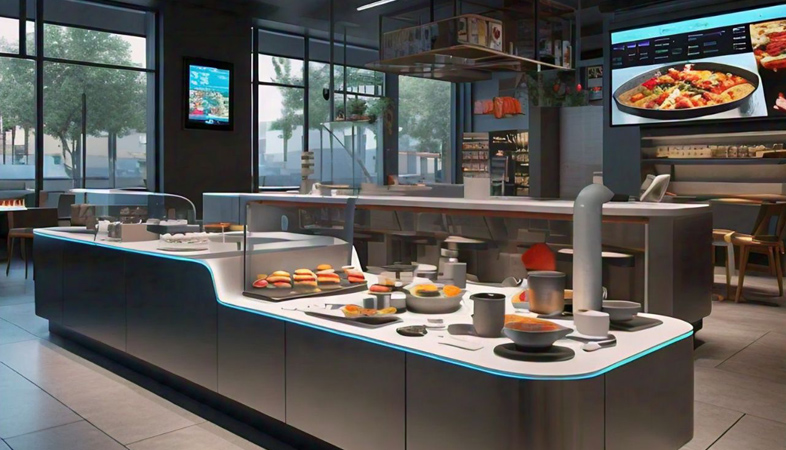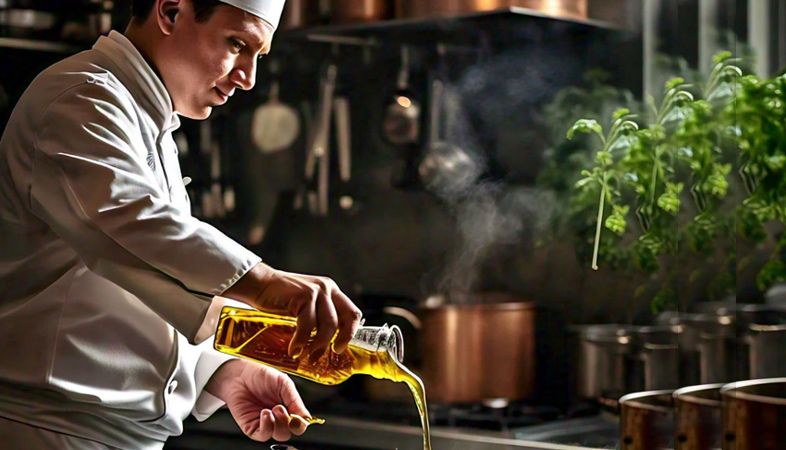SHARE
Commercials
More Posts
Jun 27, 2025
Uttam Das Appointed as Executive Chef at JW Marriott
Feb 05, 2025
Tender Coconut Shake - By Chef Falguni Somaiya
May 30, 2025
The Impact of Temperature and Humidity on Baking
Jun 27, 2025
Uttam Das Appointed as Executive Chef at JW Marriott
Feb 05, 2025
Tender Coconut Shake - By Chef Falguni Somaiya
May 30, 2025
.png)








